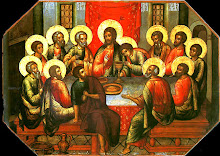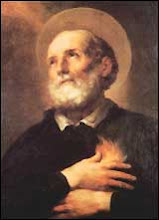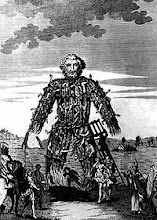Smith takes as his prooftext Osama bin Laden's comment in 2001, "When people see a strong horse and a weak horse, by nature, they will like the strong horse." What Smith calls the strong-horse principle contains two banal elements: Seize power and then maintain it. This principle predominates because Arab public life has "no mechanism for peaceful transitions of authority or power sharing, and therefore [it] sees political conflict as a fight to the death between strong horses." Violence, Smith observes is "central to the politics, society, and culture of the Arabic-speaking Middle East." It also, more subtly, implies keeping a wary eye on the next strong horse, triangulating, and hedging bets.
Smith argues that the strong horse principle, not Western imperialism or Zionism, "has determined the fundamental character of the Arabic-speaking Middle East." The Islamic religion itself both fits into the ancient pattern of strong-horse assertiveness and then promulgates it. Muhammad, the Islamic prophet, was a strongman as well as a religious figure. Sunni Muslims have ruled over the centuries "by violence, repression, and coercion." Ibn Khaldun's famous theory of history amounts to a cycle of violence in which strong horses replace weak ones. The humiliation of dhimmis daily reminds non-Muslims who rules..More>>
Tuesday, February 16, 2010
Pipes - The Strong Horse
Daniel Pipes reviews Lee Smith's new book, The Strong Horse:
Subscribe to:
Post Comments (Atom)








No comments:
Post a Comment